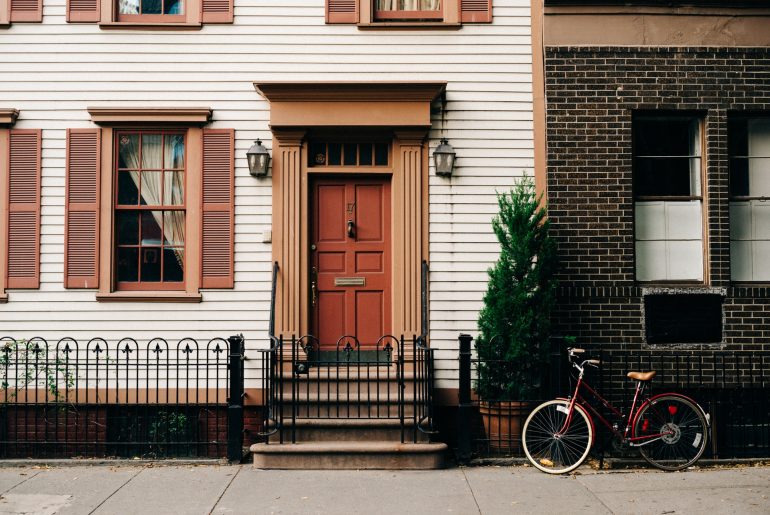
Over the past several years first-time home buyers may have shied away from entering the housing market due to stagnant wages and debt, but times have changed. According to TD Bank’s First-Time Home Buyer Pulse, one in five consumers are actively looking to buy their first home, and 46% of Millennials will be looking in the next one to two years.
If you’re a first-time home buyer, the mere thought of securing a mortgage may be overwhelming. For most people, a home is the largest purchase they’ll make, and very few can take on this purchase without a loan. Below are some helpful tips and best practices for first time home buyers:
- Save for the Down Payment
Most mortgage lenders require a cash down payment of five percent, ten percent or twenty percent of the sale price. Buyers today may find it difficult to save for a large down payment, especially young adults saddled with substantial student loan debt. Traditionally, buyers who were unable to put twenty percent down had to pay an additional $100 – $200 per month to their mortgage lender for Private Mortgage Insurance (PMI). The great news is, today many lenders are offering home affordability and down payment assistance programs. TD Bank offers the Right Step mortgage, which allows borrowers to put as little as three percent down without the added cost of PMI.
- Factor in Home Improvement Costs and Monthly Household Expenses
With today’s low inventory of affordable homes for first-time buyers, many buyers will find themselves settling on a home that requires renovations or upgrades. These costs should be factored in at the start of the financing process so buyers are comfortable with their down payment and monthly payment and will have money available to make improvements. For buyers who have not lived on their own or for those who previously rented, the added costs of running a household can be a shock. Monthly costs for utilities, homeowner’s association fees, cable and internet, can add up quickly. Factoring these expenses in at the beginning of the mortgage financing process can help borrowers better assess their overall budget and a realistic monthly mortgage payment.
- Shop Around for a Mortgage
We know that the best mortgage experience for buyers occurs when they have open and ongoing communication with their lender. Finding a lender and discussing financial needs and budget should be the very first step a buyer takes in the home buying process – even before finding a Realtor. The First-Time Home Buyer Pulse revealed that saving for a down payment is a barrier to homeownership for many first-time buyers. That’s why it’s important to find a lender that helps buyers understand what they can afford and share what financing options are available. Today, mortgages are not one size fits all – to find the option that best fits their needs buyers should discuss their financial situation with a lender they trust.
- Get Educated
Perhaps the single most important aspect of purchasing a home is to fully understand the mortgage and the overall home financing process. Take advantage of educational courses offered by local financial institutions and government programs. In fact, TD Bank offers a First Time Home Buyer Seminar series that addresses all aspects of a home loan – starting with helping buyers decide if they’re truly ready to own a home. Following that, the seminars share information on the criteria lenders use to evaluate a borrower, the documentation buyers will need to provide, what each portion of a mortgage payment goes towards, and the mortgage team who processes and approves the loan. These seminars are useful tools and provide valuable background for borrowers who are daunted or overwhelmed by the process.
While buying a home may feel overwhelming for first-time home buyers, finding a lender you can trust will guide you in the right direction and help you prepare for the mortgage process.





